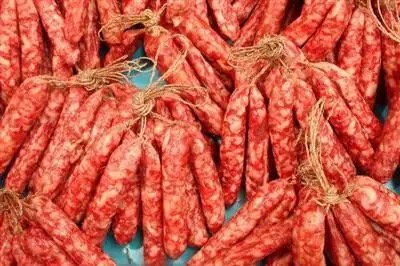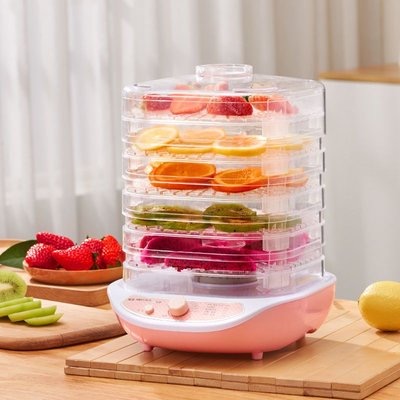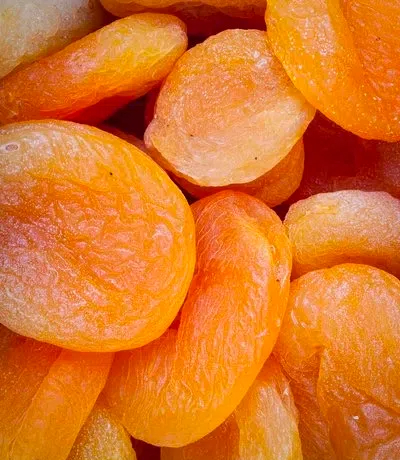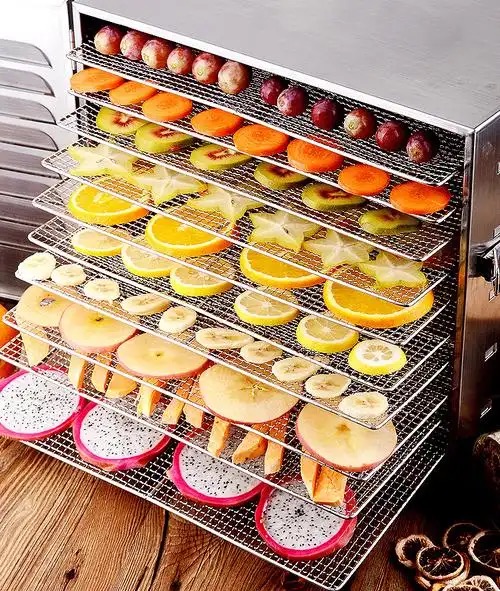
Content Menu
● Introduction
● Understanding Food Drying
>> What is a Heat Pump Dryer?
>> What is a Condenser Dryer?
● Energy Efficiency
>> How Heat Pump Dryers Work
>> Cost Savings Over Time
● Suitability for Food Products
>> Benefits of Using Heat Pump Dryers for Food
● Environmental Impact
>> Reducing Carbon Footprint
● Maintenance and Longevity
>> Maintenance Tips
● Case Studies: Success Stories
>> Case Study 1: Fruit Processing Company
>> Case Study 2: Herb Manufacturer
● Conclusion
● Frequently Asked Questions
>> 1. What is the main difference between a heat pump dryer and a condenser dryer?
>> 2. Are heat pump dryers suitable for all types of food?
>> 3. How much energy can I save by using a heat pump dryer?
>> 4. What maintenance is required for heat pump dryers?
>> 5. Can heat pump dryers help reduce my environmental impact?
Introduction
In the world of food processing, drying is a crucial step that significantly impacts the quality, shelf life, and flavor of food products. As a leading manufacturer of food drying machines in China, we specialize in providing OEM services to international brands, wholesalers, and producers. This article will explore the advantages of heat pump dryers compared to traditional condenser dryers, focusing on their efficiency, cost-effectiveness, and suitability for food drying applications.

Understanding Food Drying
Food drying is a method of preserving food by removing moisture, which inhibits the growth of bacteria, yeasts, and molds. This process can be achieved through various methods, including air drying, sun drying, and using specialized drying machines. Among these, heat pump dryers and condenser dryers are two popular options in the industry.
What is a Heat Pump Dryer?
A heat pump dryer utilizes a refrigeration cycle to extract moisture from food products. It works by drawing in air, heating it, and then circulating it through the food. The moisture-laden air is then condensed, and the water is removed, allowing for continuous drying. This method is highly efficient and can operate at lower temperatures, making it ideal for delicate food items.
What is a Condenser Dryer?
A condenser dryer, on the other hand, uses a different mechanism. It heats air and passes it through the food, similar to a heat pump dryer. However, the key difference lies in how moisture is handled. In a condenser dryer, the moisture is collected in a tank or drained away, but the overall energy efficiency is generally lower compared to heat pump dryers.

Energy Efficiency
One of the most significant advantages of heat pump dryers is their energy efficiency. They can save up to 50% more energy compared to traditional condenser dryers. This is primarily due to their ability to recycle heat within the system, reducing the need for additional energy input.
How Heat Pump Dryers Work
Heat pump dryers operate by using a closed-loop system. The air is heated and circulated through the drying chamber, where it absorbs moisture from the food. The moisture-laden air is then passed through a heat exchanger, where it is cooled, causing the moisture to condense. The condensed water is collected, and the dry air is reheated and recirculated. This process allows for continuous drying without significant energy loss.
Cost Savings Over Time
While heat pump dryers may have a higher initial purchase price, the long-term savings on energy bills can make them a more cost-effective option. Businesses that rely on food drying can benefit from reduced operational costs, leading to a quicker return on investment.
For example, a food processing company that operates a heat pump dryer can expect to see a significant reduction in energy costs over time. This is particularly important for businesses that operate on thin margins, where every dollar saved can contribute to overall profitability.
Suitability for Food Products
When it comes to food drying, the choice of dryer can significantly affect the quality of the final product. Heat pump dryers are particularly well-suited for drying sensitive items such as fruits, vegetables, and herbs. Their ability to operate at lower temperatures helps preserve the nutritional value, color, and flavor of the food.
Benefits of Using Heat Pump Dryers for Food
1. Preservation of Nutrients: The lower drying temperatures help retain vitamins and minerals that can be lost in higher heat processes. For instance, vitamin C, which is abundant in many fruits, is sensitive to heat and can degrade quickly if exposed to high temperatures.
2. Enhanced Flavor: Heat pump dryers can maintain the natural flavors of food, resulting in a superior product. This is particularly important for gourmet food producers who rely on the quality of their ingredients to attract customers.
3. Uniform Drying: The controlled environment of heat pump dryers ensures even drying, reducing the risk of spoilage. This uniformity is crucial for maintaining product consistency, which is essential for brand reputation.
4. Versatility: Heat pump dryers can be used for a wide variety of food products, including meats, fish, and dairy. This versatility makes them an attractive option for food manufacturers looking to diversify their product offerings.
Environmental Impact
In addition to cost savings, heat pump dryers are also more environmentally friendly. Their energy-efficient design reduces carbon emissions, making them a sustainable choice for food processing businesses. As the world moves towards greener practices, investing in energy-efficient equipment can enhance a company's reputation and appeal to eco-conscious consumers.
Reducing Carbon Footprint
By choosing heat pump dryers, businesses can significantly reduce their carbon footprint. This is not only beneficial for the environment but can also be a selling point for consumers who are increasingly concerned about sustainability. Companies that prioritize eco-friendly practices often find that they can attract a loyal customer base willing to pay a premium for sustainably produced goods.
Maintenance and Longevity
Heat pump dryers are designed for durability and require less maintenance compared to traditional dryers. Regular cleaning of filters and occasional servicing can keep the machine running efficiently for years. This reliability translates to less downtime and increased productivity for food processing operations.
Maintenance Tips
1. Regular Cleaning: Keeping the filters clean is essential for optimal performance. Clogged filters can reduce airflow and efficiency, leading to longer drying times and increased energy consumption.
2. Check Seals and Insulation: Ensuring that seals are intact and insulation is in good condition can prevent heat loss, further enhancing energy efficiency.
3. Scheduled Servicing: Regular professional servicing can help identify potential issues before they become major problems, ensuring that the dryer operates smoothly.
Case Studies: Success Stories
Case Study 1: Fruit Processing Company
A fruit processing company switched from a traditional condenser dryer to a heat pump dryer. After the transition, they reported a 40% reduction in energy costs and improved product quality. The lower drying temperatures preserved the vibrant colors and flavors of their dried fruits, leading to increased sales and customer satisfaction.
Case Study 2: Herb Manufacturer
An herb manufacturer faced challenges with drying delicate herbs without losing flavor and aroma. By implementing a heat pump dryer, they were able to maintain the integrity of their products while reducing drying times. This not only improved their product quality but also allowed them to scale up production to meet growing demand.
Conclusion
In conclusion, heat pump dryers offer numerous advantages over traditional condenser dryers, particularly in the context of food drying. Their energy efficiency, cost savings, and suitability for preserving food quality make them an excellent investment for businesses in the food processing industry. As a manufacturer of food drying machines, we are committed to providing high-quality, energy-efficient solutions that meet the needs of our clients.

Frequently Asked Questions
1. What is the main difference between a heat pump dryer and a condenser dryer?
The main difference lies in their energy efficiency and moisture handling. Heat pump dryers recycle heat and operate at lower temperatures, while condenser dryers have a higher energy consumption.
2. Are heat pump dryers suitable for all types of food?
Yes, heat pump dryers are suitable for a wide range of food products, including fruits, vegetables, and herbs, as they preserve flavor and nutrients effectively.
3. How much energy can I save by using a heat pump dryer?
Heat pump dryers can save up to 50% more energy compared to traditional condenser dryers, leading to significant cost savings over time.
4. What maintenance is required for heat pump dryers?
Regular cleaning of filters and occasional servicing are recommended to ensure optimal performance and longevity.
5. Can heat pump dryers help reduce my environmental impact?
Yes, their energy-efficient design reduces carbon emissions, making them a more sustainable choice for food processing businesses.












